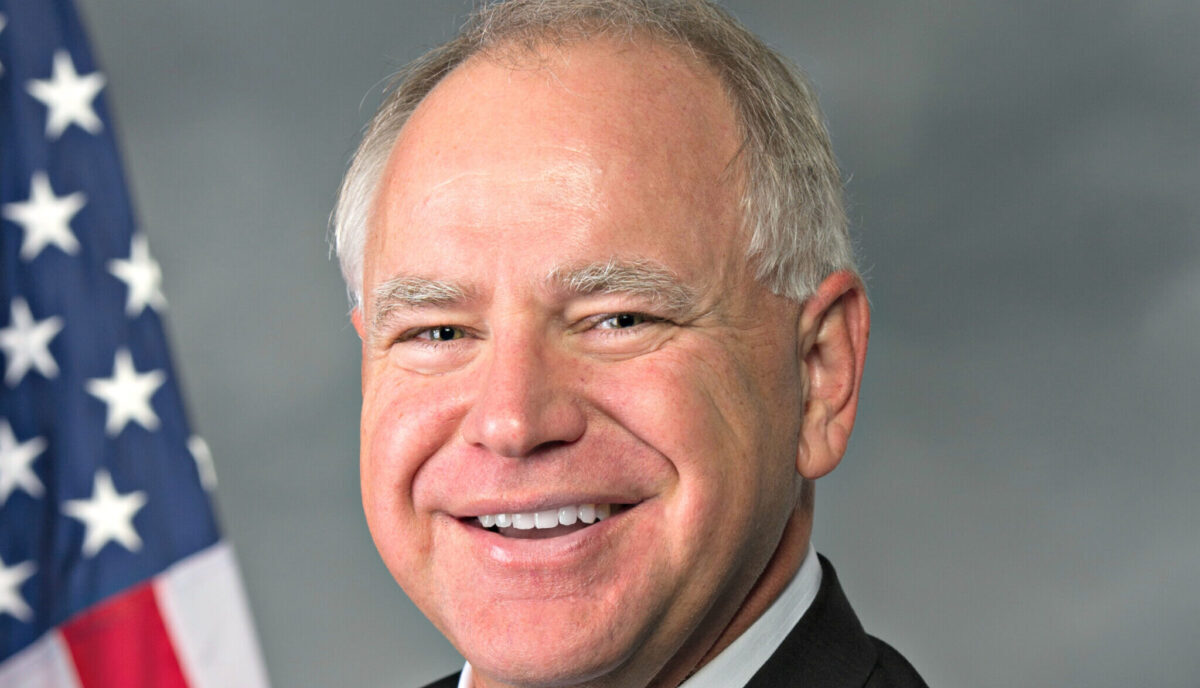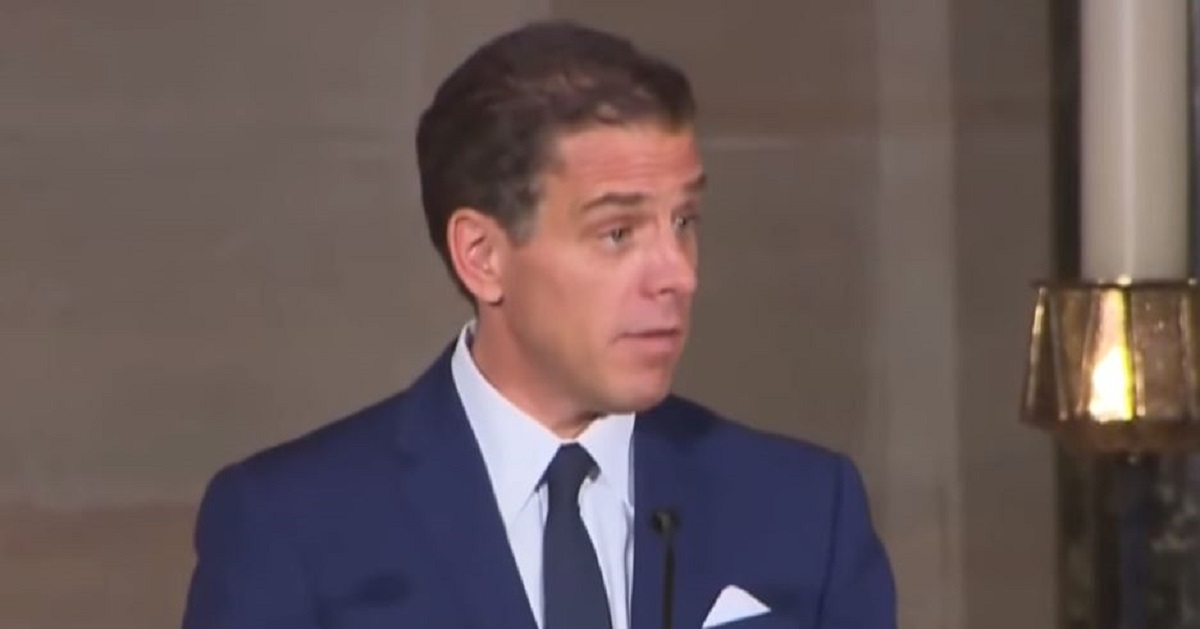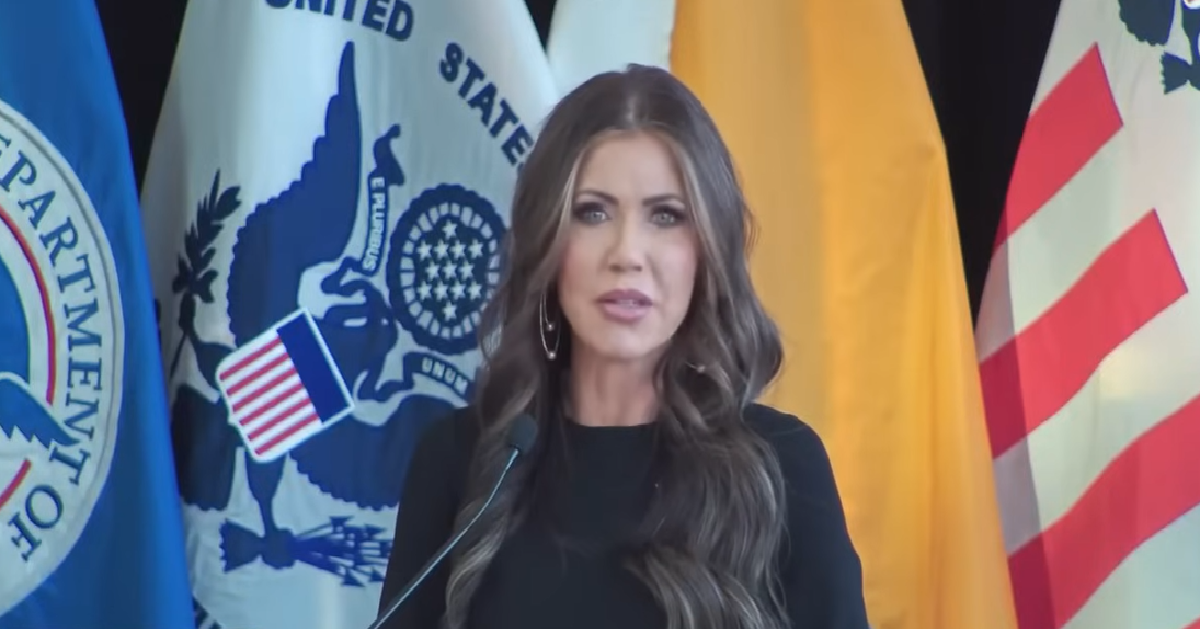Supreme Court turns down prayer case
The justices of the U.S. Supreme Court have decided not to hear a major dispute over religious liberty.
CBS News reports that the justices turned down the case on Monday.
The case had to do with whether or not a school is allowed under the Constitution to broadcast a pregame prayer.
BREAKING: The Supreme Court declines to take up a legal battle over pregame prayer at football games. https://t.co/SrfRGpYfIc
— CBS News (@CBSNews) November 17, 2025
Background
The case comes from Florida.
CBS News reports:
The legal battle before the justices was brought by a Tampa-based Christian school that wanted to broadcast a brief prayer before a state championship football game through the stadium's public-address system. But the Florida High School Athletic Association denied the request, which the schools argued violated their rights to free exercise of religion and free speech.
The case made it all the way up to the Supreme Court.
CBS continues:
The school, Cambridge Christian, asked the Supreme Court to overturn its 2000 ruling in the case Santa Fe Independent School District v. Doe. In that decision, the court held that the school district's policy of allowing student-led, student-initiated prayer at football games violated the First Amendment's Establishment Clause.
The justices, however, were unwilling to do so.
Just water under the bridge?
The court's decision not to take the case, according to USA Today, does not have that much of an effect on the particular situation that led to it.
Per the outlet:
The court’s decision not to get involved doesn’t have a practical effect on Cambridge Christian School, which sued the Florida High School Athletic Association in 2015 after its request to pray over the loudspeaker was denied. Since then, Florida passed legislation requiring the athletic association to allow schools to make opening remarks at games it oversees, and the FHSAA has said that includes communal prayers.
There is no reason, however, why this same situation could not crop up in other states that have not passed such a law, which is why some are disappointed that the justices turned the case down.
USA Today writes:
Still, the school had argued the Supreme Court needed to step in to prevent the “government speech” defense from being used in other situations. “One way state actors suppress religious speech is by claiming private speech as their own,” lawyers for Cambridge Christian told the court.
We will have to see whether a similar situation arises in the future.




